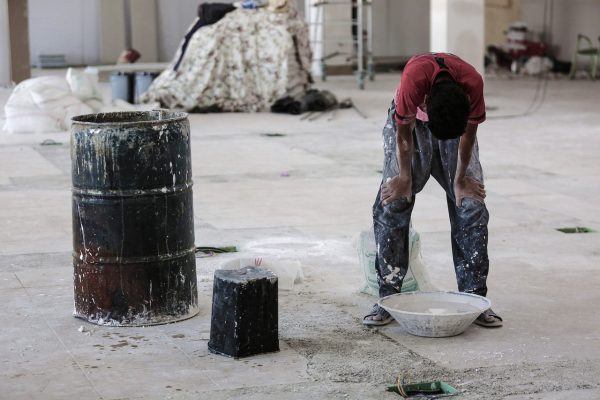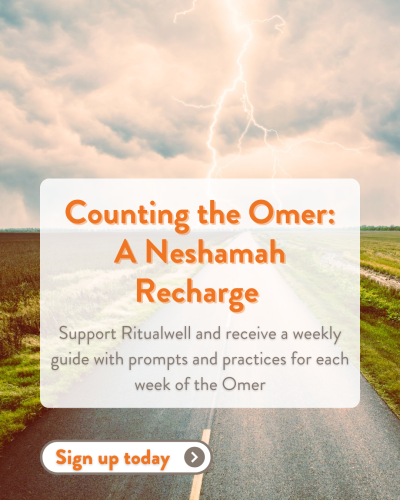Introduction
A prayer for the government has its roots in the words of the prophet Jeremiah writing to the community of exiles: “seek the welfare of the city to which I have exiled you and pray to ADONAI on its behalf, for in its prosperity, you shall prosper.” (Jeremiah 29:7)
Over time, various versions of this prayer have been composed expressing both the hopes and anxieties of the Jewish people in the lands of their dispersion.
Our prayer seeks to capture the hopes of Jews in North America that the social justice teachings of Torah, and the ethical impulses they inspire, be mirrored in the actions of our governments on all levels.
Our God and God of our ancestors, the One who inspires salvation, Source of life and power, may You bless and protect the leaders of our nation and all those who exercise authority in keeping with our laws.
May the Holy One of Blessing bring strength to all who work in our communities on behalf of those who need our support, strengthening them both in body and in spirit, and rewarding their efforts with success. May those in leadership act in accordance with the rabbinic insight that the truly strong are those who raise up the fallen; the truly honored are those who honor caregivers; and the truly wise are those who acknowledge the vital work of all our teachers.
We turn to our leaders for inspiration and hope, direction and guidance. May they lead us in paths of peace, build communal cohesion through both word and deed, and bring about the blessing we pray for at the conclusion of each prayer service: May the One who brings peace on high, keeping fire and water in a delicate balance, bring peace and growing safety and prosperity to our world below.
And let us say: So may it be.
Republished with permission from T’ruah:The Rabbinic Call for Human Rights. T’ruah is an organization of rabbis from all streams of Judaism that acts on the Jewish imperative to respect and protect the human rights of all people. Human Rights Shabbat, T’ruah’s annual celebration of Jewish values and universal human rights, is celebrated by more than 130 Jewish communities around the globe.













